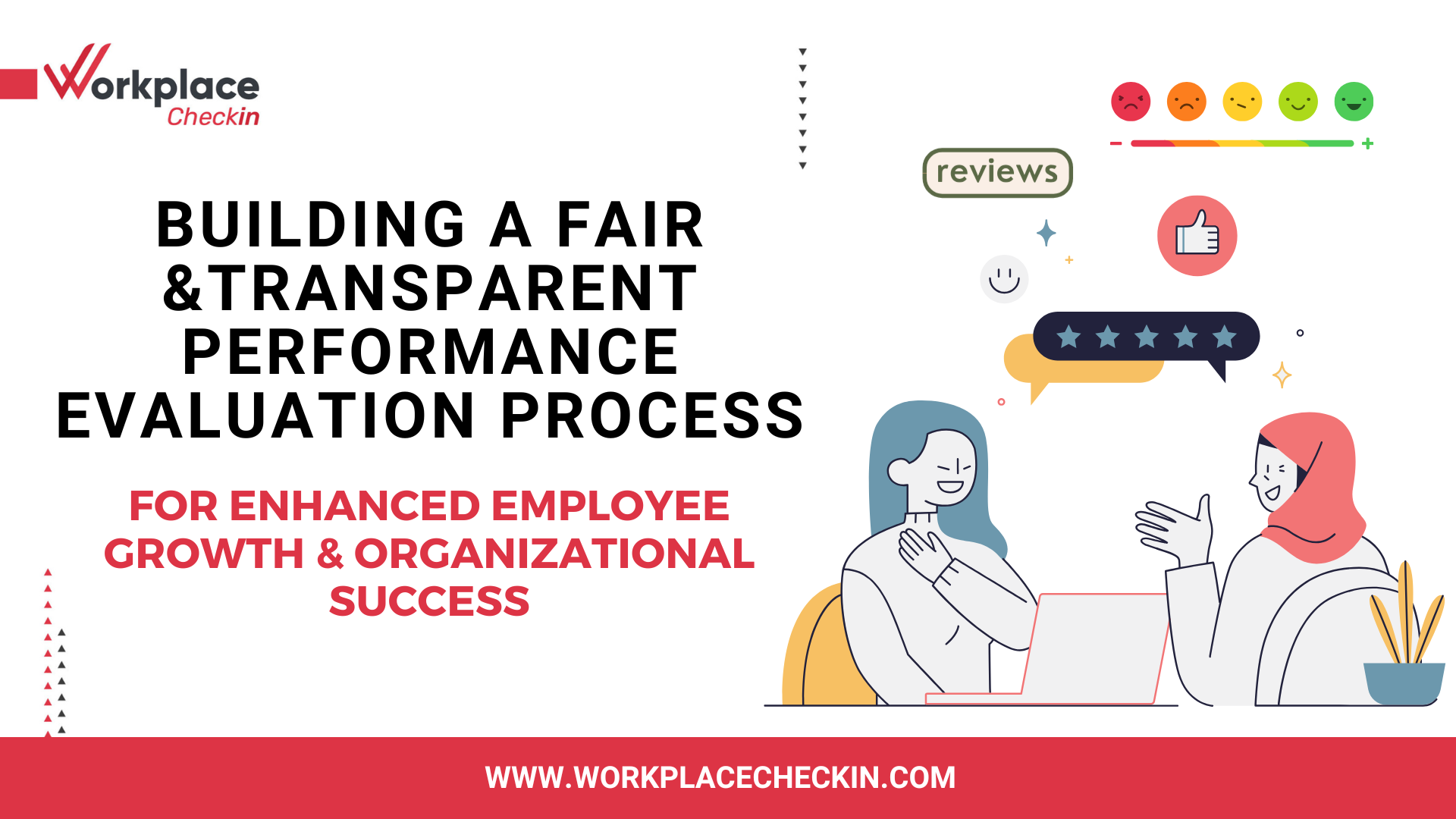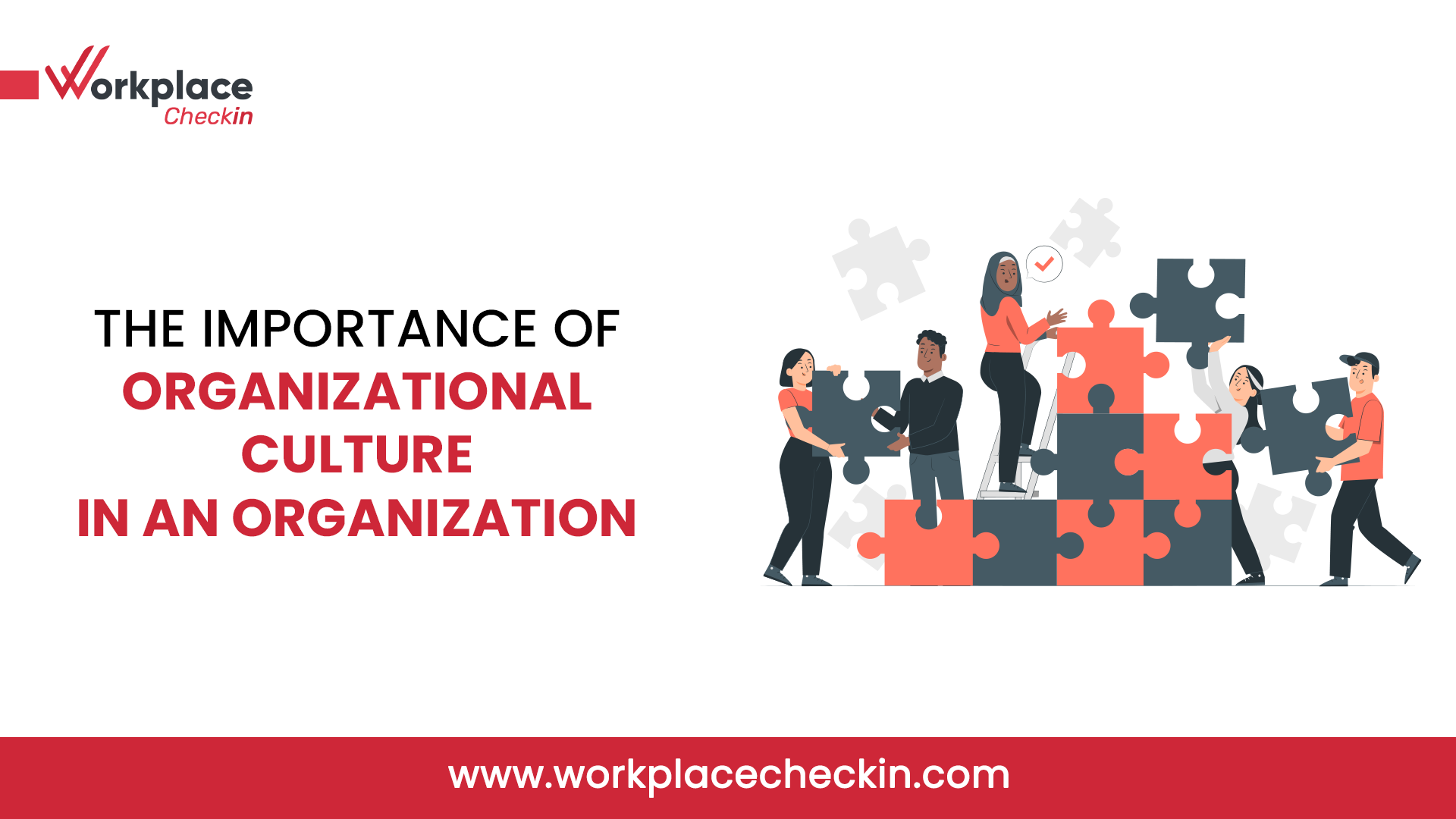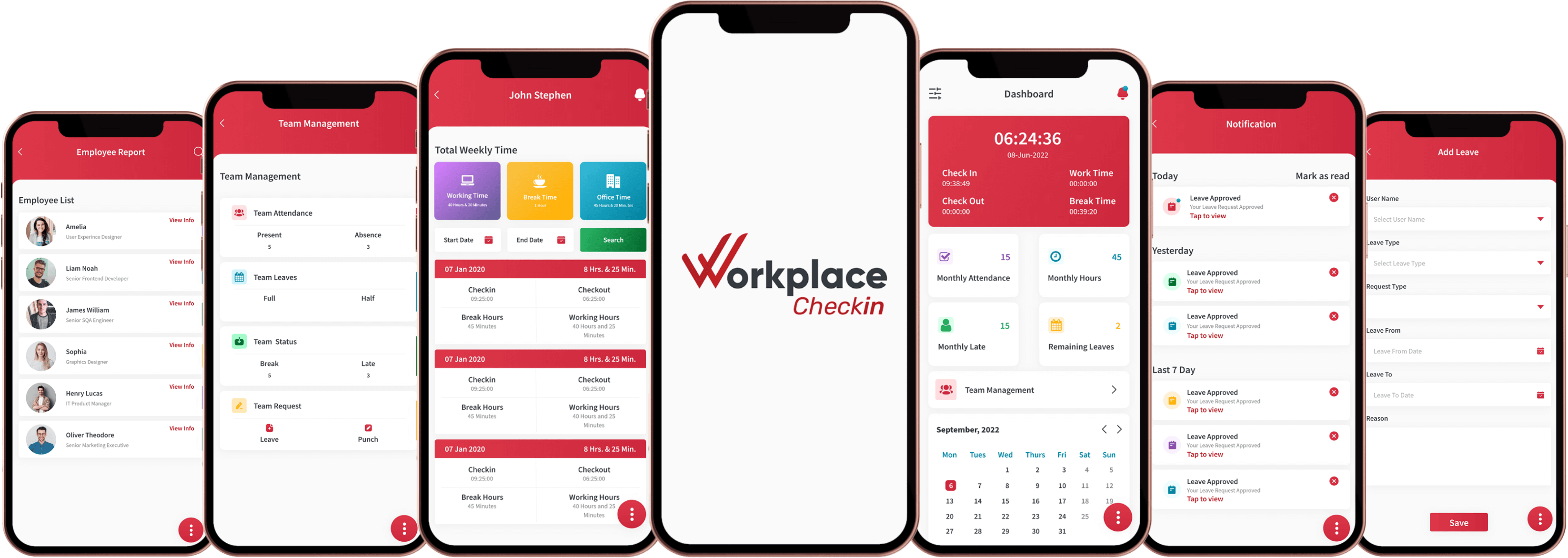

Unlocking Potential: Leveraging Mentorship Programs for Employee Development and Retention
Introduction: The Power of Mentorship
In today's dynamic work environment, nurturing talent and maintaining employee satisfaction are paramount for organizational success. Mentorship programs have emerged as a powerful tool for achieving these goals, offering structured guidance and support to employees at various stages of their careers.
Understanding the Need: Employee Development in the Modern Workplace
In an age where job-hopping has become commonplace, businesses are grappling with the challenge of retaining skilled professionals. Shockingly, a survey conducted by LinkedIn revealed that 94% of employees would stay longer at a company if it invested in their career development. This underscores the critical importance of implementing effective employee development strategies.

The Role of Mentorship Programs in Employee Development and Retention
Mentorship programs are pivotal in shaping employee professional growth and retention within organizations. Let's delve deeper into the multifaceted role of mentorship programs:
1. Mentorship as a Catalyst for Growth
Mentorship programs serve as catalysts for individual growth and professional advancement. According to the Association for Talent Development report, 71% of Fortune 500 companies have mentorship programs, recognizing their positive impact on employee retention and performance.
Real-world Examples:
Consider the mentorship program implemented by Johnson & Johnson, a global healthcare company. Through its "Bridge to Employment" program, Johnson & Johnson pairs high school students with employee mentors who guide career exploration, academic achievement, and personal development. This mentorship initiative empowers students to pursue higher education and career opportunities and fosters a sense of community engagement among employees.
Adobe's "Adobe Life Mentoring" mentorship program has contributed to a 20% increase in employee retention rates.
2. Building a Culture of Continuous Learning
In addition to individual skill development, mentorship programs cultivate a culture of continuous learning within organizations. When employees have access to mentors who provide ongoing feedback and support, they are more motivated to seek out new challenges, take initiative, and pursue growth opportunities. This culture of learning not only benefits individual employees but also drives organizational innovation and adaptability.
IBM's "Mentoring Matters" Program
IBM's "Mentoring Matters" program pairs experienced mentors with mentees from diverse backgrounds and career paths. As a result, IBM has seen a significant improvement in employee engagement, with 76% of mentees reporting increased job satisfaction. Additionally, the program has contributed to a 15% reduction in turnover rates within the company.
Amazon's "Career Choice" Program
Amazon's "Career Choice" program allows employees to participate in mentorship sessions with industry experts outside the company. By exposing employees to external perspectives and insights, Amazon has witnessed a 25% increase in employee productivity and a 30% rise in internal promotions.
General Electric's (GE) "Mentor of the Month" Recognition
GE's "Mentor of the Month" recognition program celebrates the contributions of mentors who go above and beyond to support their mentees. This initiative has created a culture of mentorship excellence within GE, with 90% of employees expressing satisfaction with the mentorship they receive.

3. Enhancing Employee Engagement and Retention
Mentorship programs are instrumental in fostering a sense of belonging and engagement among employees, contributing to higher retention levels. Employees who feel supported and valued through mentorship relationships are more likely to remain committed to their organization and invest in their long-term career development.
Real-world Example:
Consider the mentorship program at LinkedIn, a professional networking platform. LinkedIn's "InDay Mentorship Program" allows employees to connect with mentors across various departments and levels of seniority. This initiative strengthens internal networks and collaboration and boosts employee morale and satisfaction. As a result, LinkedIn has seen a significant increase in employee retention rates and overall productivity.
In summary, mentorship programs play a multifaceted role in employee development and retention, serving as catalysts for growth, fostering a culture of continuous learning, and enhancing employee engagement. By investing in mentorship initiatives, organizations can empower their employees to reach their full potential and create a supportive and inclusive workplace environment conducive to long-term success.
Challenges and Solutions in Implementing Mentorship Programs
Overcoming Barriers to Implementation
Despite the evident benefits, implementing mentorship programs can pose challenges for organizations. However, companies like Cisco Systems have successfully navigated these obstacles by leveraging technology to facilitate mentor-mentee matching. Cisco's "Mentor Connect" platform uses artificial intelligence algorithms to pair employees based on their goals and interests, ensuring optimal mentorship experiences.
While highly beneficial, mentorship programs come with their own challenges that organizations must address to ensure successful implementation. Let's delve deeper into these challenges and explore practical solutions:
1. Resistance to Change
Challenge: One of the primary obstacles organizations face when implementing mentorship programs is resistance to change. Employees may be apprehensive about participating in such programs due to concerns about time commitment, privacy, or the perceived efficacy of mentorship.
Solution: Organizations must foster a culture of openness and transparency to overcome resistance to change. This can be achieved through clear communication about the objectives and benefits of the mentorship program. Providing opportunities for employees to voice their concerns and address any misconceptions can help alleviate resistance and build buy-in for the program.
2. Lack of Organizational Support
Challenge: Another common challenge is the need for more support from organizational leadership or insufficient resources allocated to the mentorship program. With strong support from top management, mentorship initiatives may gain traction and sustain momentum.
Solution: Organizations should actively involve senior leaders in championing the mentorship program and emphasizing its strategic importance. By securing buy-in from key stakeholders and allocating adequate resources, such as time, budget, and technological support, organizations can demonstrate their commitment to the program's success and ensure its long-term viability.

3. Difficulty Matching Mentors with Mentees
Challenge: Matching mentors with mentees who share compatible goals, interests, and personalities can be a daunting task for organizations, particularly in larger or geographically dispersed companies.
Solution: Leveraging technology can streamline the mentor-mentee matching process and improve the program's overall effectiveness. Platforms with algorithms and machine learning capabilities can analyze employee profiles, skills, and preferences to facilitate optimal mentor-mentee pairings. Additionally, providing mentors with training and guidance on effective communication and coaching techniques can enhance the quality of the mentoring relationships.
4. Measuring Program Effectiveness
Challenge: Quantifying the impact of mentorship programs and measuring their effectiveness can be challenging for organizations, especially if they need clear metrics and evaluation frameworks.
Solution: Establishing key performance indicators (KPIs) and evaluation criteria is essential for assessing the success of mentorship programs. These may include employee engagement levels, retention rates, promotion rates, and participant feedback. Regularly soliciting mentor and mentee feedback through surveys or interviews can provide valuable insights into the program's strengths and areas for improvement, allowing organizations to make data-driven decisions and refine their mentorship initiatives over time.
By proactively addressing these challenges and implementing practical solutions, organizations can maximize the impact of their mentorship programs and create a supportive environment where employees can thrive and grow professionally.
Conclusion: Investing in the Future
In conclusion, mentorship programs are instrumental in unlocking employees' potential and fostering a culture of growth and development within organizations. By investing in mentorship, companies retain top talent and cultivate a workforce equipped to tackle the challenges of tomorrow. As businesses adapt to the evolving landscape, mentorship programs will remain indispensable tools for driving employee engagement, retention, and overall organizational success.






